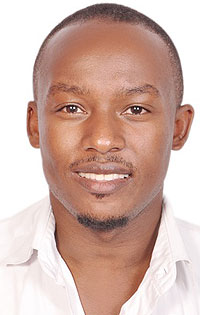Tossing out the baby with the bath water in South Sudan
THE DECEMBER crisis in South Sudan presented Africa’s youngest nation with the greatest threat to its existence to date.

Lonzen Rugira

